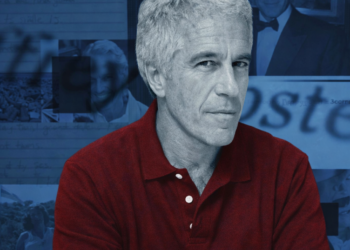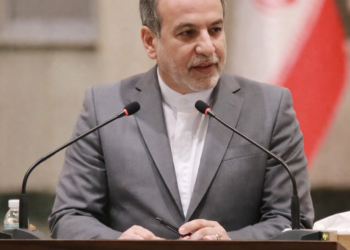Britain is facing serious criticism after new measures aimed at curbing irregular migration were announced, and the government is clearly in damage control mode. The interior minister insists the policies are necessary to stop small-boat crossings from France, but many see the move as harsh and politically motivated. From refugees’ advocates to opposition lawmakers, there is concern that the crackdown will punish vulnerable people while doing little to actually solve the problem.
Government Defends Harsh Measures
Home Secretary Shabana Mahmood said that the policies are a “moral mission” and are meant to protect communities from divisions caused by illegal migration. By shortening refugee protection from five years to just 30 months and reviewing each case regularly, the government hopes to push people to return to their home countries once deemed safe. At the same time, asylum seekers would have to wait up to 20 years before gaining indefinite leave to remain.

Mahmood emphasized that these measures are not about adopting far-right ideas but about tackling what the government sees as a crisis in migration. She argued that irregular crossings threaten community stability and that the policies are aligned with examples from other countries like Denmark.
Critics Call It Harsh and Unnecessary
Not everyone agrees with the government’s approach. The Refugee Council described the measures as “harsh and unnecessary,” warning that they will not deter people from crossing the Channel. Enver Solomon, the charity’s chief executive, highlighted that refugees who work hard and contribute to society should be able to build secure lives instead of being subjected to long delays and reduced support.
Opposition lawmakers, especially within Labour, are also concerned that the new rules could alienate progressive voters while benefiting hard-right parties such as Reform UK, led by Nigel Farage. The party has been leading in opinion polls this year, partly by emphasizing strict immigration policies, putting pressure on Labour to appear tough on migration without abandoning its moral stance.
Balancing Security and Humanitarian Concerns
French officials have welcomed the proposals, noting that asylum seekers risk their lives crossing the Channel due to more permissive conditions in Britain. At the same time, critics argue that reducing benefits and shortening protection periods risks violating basic humanitarian principles. Housing and financial support would no longer be guaranteed, becoming discretionary, which could leave many vulnerable individuals without essential help.
By modelling policies on Denmark, the UK government is attempting to take a middle path: discouraging dangerous crossings while offering limited legal pathways for genuine refugees through work or study routes. However, these changes raise questions about fairness, the treatment of families, and the long-term social integration of refugees who do manage to settle.
Political Pressure Intensifies
Prime Minister Keir Starmer faces a difficult balancing act. On one hand, he must show voters he is addressing migration concerns; on the other, Labour risks internal conflict if left-wing members feel the crackdown betrays the party’s values. The new policies could also shape Britain’s relations with the EU, which has pushed for asylum systems that respect human rights while keeping migration manageable.
As more than 39,000 people arrived this year via small boats, the pressure to act is real, but critics argue that short-term restrictions may not solve the long-term issues driving migration. The government’s reliance on strict timelines, reduced benefits, and mandatory returns could provoke legal challenges and widespread public debate.
Looking Ahead
Britain’s attempts to control migration are entering a critical phase. While the government frames the crackdown as necessary to prevent community disruption, the human cost and political risks are significant. Refugees face uncertainty, opposition parties are mobilizing, and public opinion remains divided.
The country is now navigating the delicate task of enforcing strict asylum rules while managing criticism from both domestic and international voices. How Britain balances these priorities will determine whether the measures achieve their stated goal or simply fuel further controversy.

















